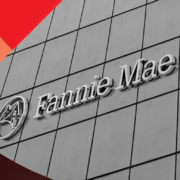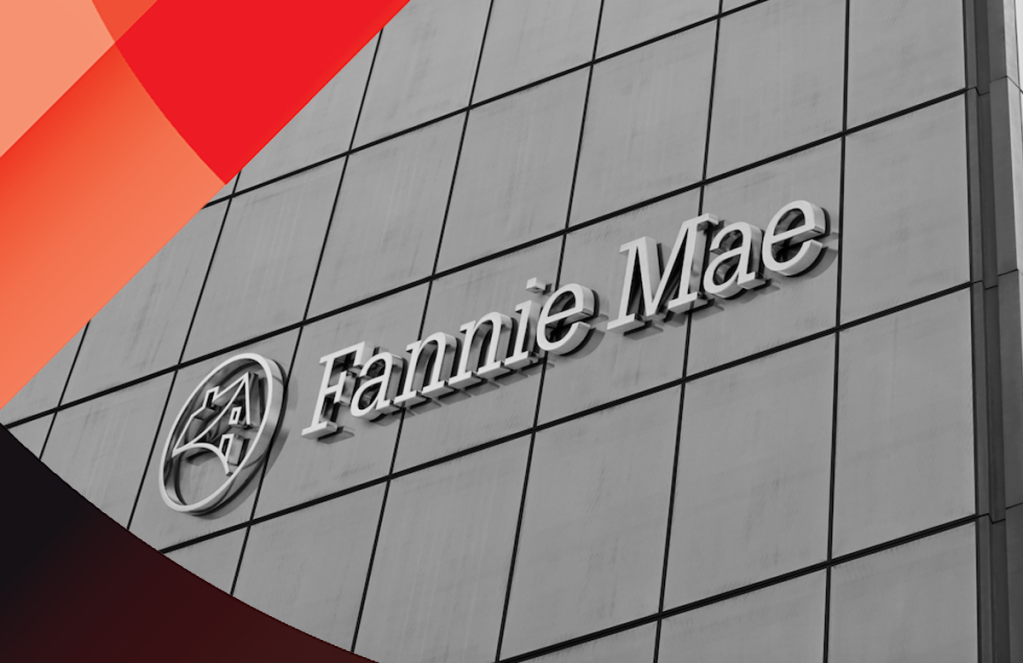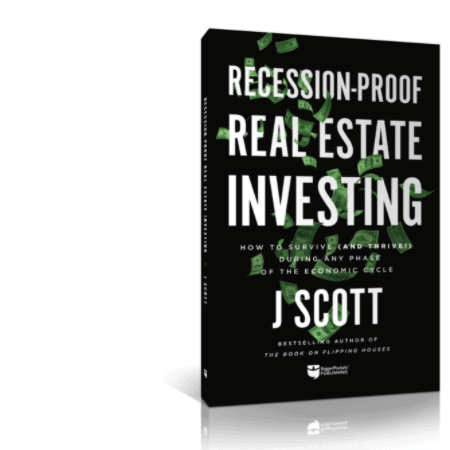Stewart is one of the largest global title insurance companies and underwriters in the industry. It’s been around for more than 128 years and is built on values that include accountability, collaboration, trust and a fundamental commitment to providing better experiences.
But the company is not satisfied just looking back at its long history. Instead, its leaders are looking ahead and focused on how the company can grow.
“Our vision is to be the premier title services company,” said Beth Fowler, EVP of Lender Services at Stewart. “To do that, to be the best company in the industry for lenders and enterprise customers, what we deliver has to go beyond title. And it does.”
Investing in people and technology
Stewart has been in the news several times over the past two years, as the company has expanded talent and made numerous acquisitions to aid in its growth. Among the acquisitions are title and settlement offices to expand its share and gain scale in key markets, as well as technology providers to improve the customer experience and expand its data and analytics capabilities.
In the past three quarters alone, the company has added more than 3,500 employees through acquisitions and direct hires.
Over the past 18 months, the company has invested $1 billion on more than twenty companies that span the full breadth of its business. Industry leaders it has added to its portfolio to expand service capabilities include A.S.K. Services, Cloudvirga, Pro Teck Valuation Intelligence, Signature Closers, United States Appraisals, Informative Research, PropStream, and NotaryCam.
“We’ve been very intentional as we’ve looked at potential acquisition targets and products and services that would benefit our customers,” Fowler said. “Our acquisition strategy demonstrates Stewart’s commitment to delivering a better experience, whatever it takes. That dollar investment, tied with the intentional nature of what we’ve brought into the Stewart fold – at the end of the day, we’re excited about what that brings to our customers.”
Improving services and capabilities
Stewart’s investments reflect the important role lender services plays in its overall plan to become the premier title services company. Stewart has shown a true commitment to providing centralized title services to its lender and other enterprise customers. Over the past two years, the lender division has focused on two things: growing in size and scale and adding new capabilities to serve customers needing multi-state and national solutions.
According to Fowler, “As a premier partner, we’re being really thoughtful in deploying capital to look for solutions, capabilities, and products and services that really maximize and enhance the customer experience, whether that be for lenders, servicers, investors, power buyers, or others. A big part of that, in terms of what we see, is ensuring we have a robust suite of digital data and analytics services.”
Providing an end-to-end experience
Stewart’s lender services cover the full digital mortgage and real estate experience. That’s by design, Fowler said.
“We start by leveraging our core title capabilities and expanding to other products and services in the transaction lifecycle,” she said. “We’ve added capabilities that start at the front end with the consumer, and then take it all the way through the closing and funding experience and beyond.”
The result is an impressive chain. PropStream offers data for lead generation; Informative Research provides customer acquisition, prequalification, portfolio retention, and credit and verification solutions; Cloudvirga’s POS system powers lenders, originators, consumers and brokers and automates back-office tasks; United States Appraisals and Pro Teck expand Stewart’s depth in the appraisal and valuation space from originations to capital markets to servicing; Signature Closers and NotaryCam provide enhanced signing options; and the partnership with CertifID protects funding.
Commenting on Cloudvirga, one of Stewart’s more recent acquisitions, Fowler said, “We were very attracted to the technology and mortgage expertise that it brings to the table. Certainly, that’s core to what lenders need. We also appreciate the opportunities to expand its impact.”
Fowler also noted that Stewart was particularly excited to pair NotaryCam, a leader in online notarization and original provider of eClosing solutions, with Signature Closers, a signing and technology platform that’s part of the Stewart family of companies. Stewart acquired NotaryCam in late 2020, after years of partnership in the digital and eClosing space.
“Bringing those two pieces together enables Stewart to deliver on any closing experience that our customers want,” she said. “Leveraging the NotaryCam platform, which truly is one of the best in class, [if] they want that true remote online notarization experience, we have that capability, and more importantly the depth of expertise to deliver.”
Stewart’s partnership with CertifID is part of the experience as well. CertifID is Stewart’s partner for secure funds transfer protection, as the company wants to ensure it protects its customers, itself and its shareholders among rising threats of wire and title fraud.
“All of these products and services are superior from a standalone perspective,” Fowler said. “Our vision is to take it a step further, to pull those services together in a more streamlined and digitized experience that can then yield efficiencies for our customers – cost savings, better decision-making, and ease of use. Now that we’ve brought these capabilities together, the next iteration is to transform it into a more streamlined and digitized end-to-end experience.”
The future of Stewart
“Stewart also has two main goals when it comes to how it plans to move forward,” Fowler said, one of which is to continue to build and expand upon its automated capabilities.
Part of that is a focus on Stewart Accelerate, the company’s automated title and underwriting decision engine, which benefits lenders by providing them with an upfront workflow decision to help them identify which loans can close more quickly. Stewart is looking to continue to enhance the technology and decisioning capabilities over the next year.
Its second goal goes back to the company’s desire to streamline and create a platform of solutions for its customers across the real estate spectrum – lenders, investors, servicers, and other enterprise buyers and sellers.
“We want to continue to leverage Stewart’s assets and capabilities, finding ways to connect the components for the benefit of our customers with more integrated solutions and intelligent decisioning that culminates in a premier customer experience,” Fowler said.
Over the last few years, Stewart has demonstrated its commitment to growth, evolution and movement toward its goals of streamlining the mortgage or buying and selling process for its customers. It shows no signs of stopping anytime soon.
“Momentum is something that you see and hear when you talk about Stewart,” Fowler said. “We’re investing in that momentum and that’s going to yield some more great things to come. We’re definitely excited about what we’ve accomplished and where we’re going.”
The post The growth of Stewart toward an end-to-end real estate experience appeared first on HousingWire.
Source link
















 :215-447-7209
:215-447-7209 : deals(at)frankbuysphilly.com
: deals(at)frankbuysphilly.com